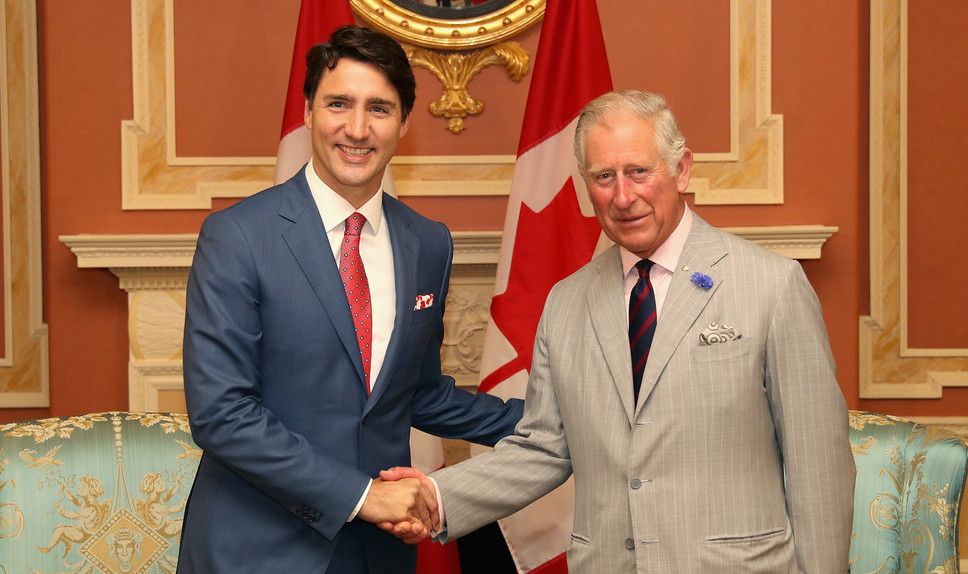Why is Canada still under the monarchy?

Canada, a country known for its strong sense of national identity and independence, still remains under the monarchy, with Queen Elizabeth II as the head of state. Many Canadians wonder why this is the case, especially since Canada gained full control over its internal affairs in 1867 with the Constitution Act. In this article, we will explore the reasons behind Canada's continued allegiance to the monarchy and how it impacts the country's political landscape.
One of the main reasons why Canada is still under the monarchy is its historical roots. Canada was originally colonized by the French and the British, with the latter eventually gaining control over the territory. When Canada became a self-governing dominion in 1867, it chose to maintain its ties to the British monarchy as a way to preserve its historical traditions and connections. This decision was also influenced by the fact that many Canadians at the time were of British descent and felt a strong connection to the monarchy.
Another factor that has kept Canada under the monarchy is the constitutional framework of the country. The Canadian constitution is a complex document that includes elements of both written and unwritten law. One of the key unwritten components is the principle of constitutional monarchy, which dictates that the monarch serves as a symbolic figurehead with limited powers. This system has worked relatively well for Canada, as it allows for a separation of powers between the monarchy, the government, and the judiciary.
Additionally, the monarchy in Canada serves as a unifying force for the country. By having a shared head of state with other Commonwealth realms, such as Australia and New Zealand, Canada can maintain strong diplomatic ties with these countries and promote a sense of solidarity among its citizens. The monarchy also plays a ceremonial role in Canadian society, with royal visits and engagements helping to foster a sense of national pride and identity.
Some critics argue that Canada should break away from the monarchy and become a republic, as this would symbolize a complete break from its colonial past and assert its independence on the world stage. However, others believe that the monarchy provides stability and continuity to the country, helping to uphold democratic values and traditions. Ultimately, the debate over Canada's relationship with the monarchy continues to be a contentious issue, with no easy solution in sight.
In conclusion, Canada's continued allegiance to the monarchy is rooted in its historical ties, constitutional framework, and role as a unifying force. While some argue for a transition to a republic, others see value in maintaining the status quo. As Canada moves forward, it will be interesting to see how its relationship with the monarchy evolves and whether any changes are made to the country's political structure.

